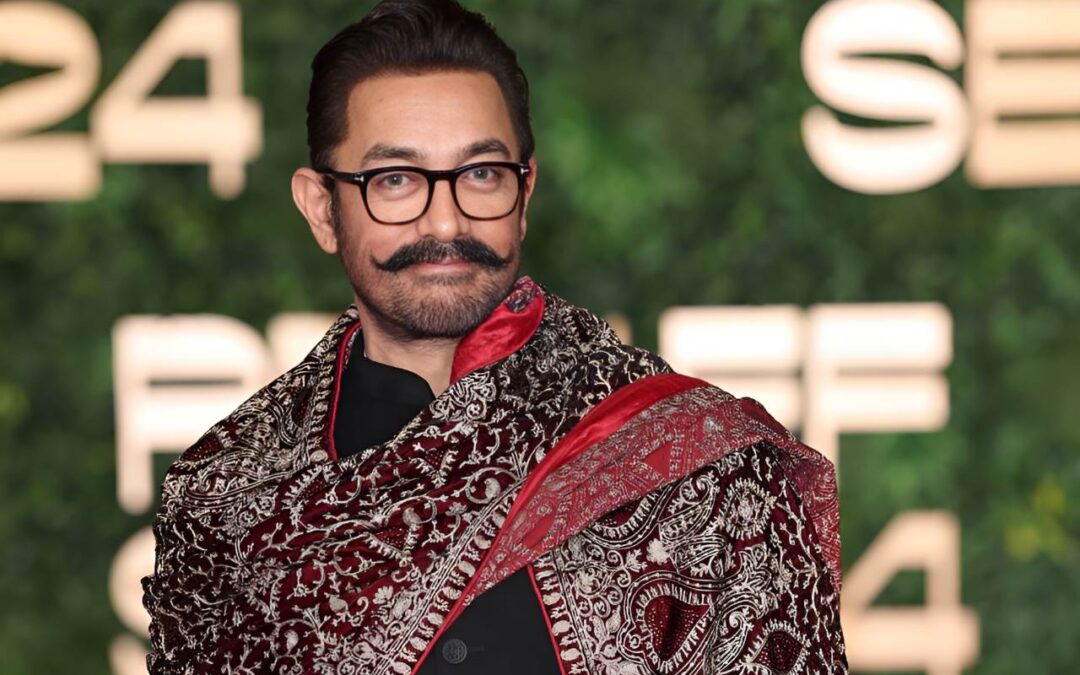In a country where film stars are worshipped and box office numbers often eclipse storytelling, Aamir Khan has always been the outlier. Not just a Bollywood actor, he’s a brand—a curator of cinema that dares to provoke, question, and occasionally, challenge tradition. But before he became Mr. Perfectionist or the face of socially charged storytelling, there was an Aamir Khan who laid the groundwork for everything that followed. The OG Aamir—bold, unexpected, and always one step ahead of the curve. This article is a nostalgic rewind to the original game-changer—a look at the films that defined Aamir Khan before perfectionism became his signature.
Qayamat Se Qayamat Tak (1988)
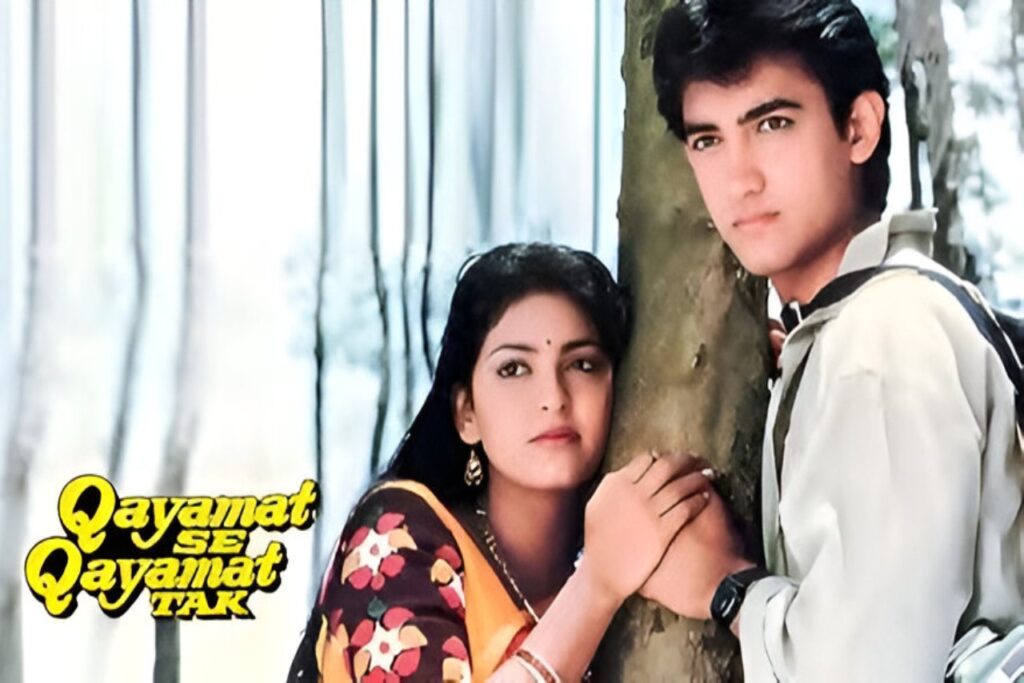
Before the industry knew what hit it, Qayamat Se Qayamat Tak (QSQT) arrived like a breath of fresh air. Aamir, with his earnest eyes and boy-next-door charm, instantly broke through the era of action-heavy heroes. This wasn’t just a love story—it was a cultural moment. With QSQT, Aamir didn’t just debut—he disrupted. He made sensitivity cool at a time when machismo ruled the screen. This was the beginning of Aamir’s refusal to follow trends. Instead, he’d start setting them.
Jo Jeeta Wohi Sikandar (1992)
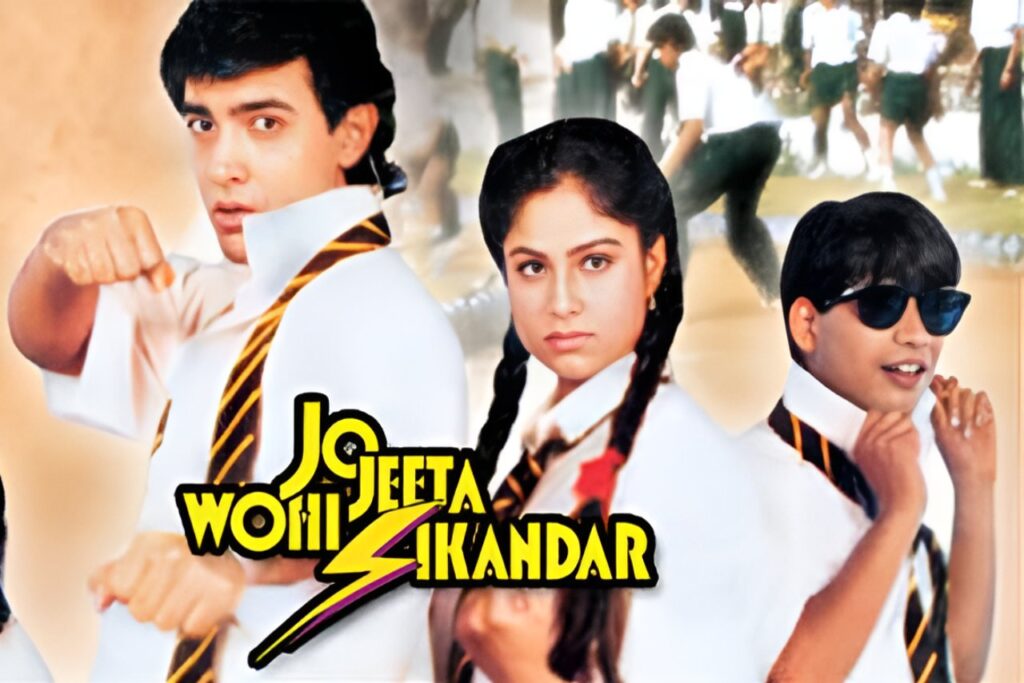
If QSQT made him a star, Jo Jeeta Wohi Sikandar made him unforgettable. Set in a small town with a pulsating youth vibe, this underdog story mixed teenage angst, class divide, romance, and raw emotion in just the right proportions. And Aamir? He brought vulnerability to the Indian male lead long before it became fashionable. His transformation from slacker to cycling champ wasn’t just athletic—it was emotional. The film’s legacy? Eternal. Its music still plays at reunions. Its message still resonates. It’s a star—untouchable.
Rangeela (1995)
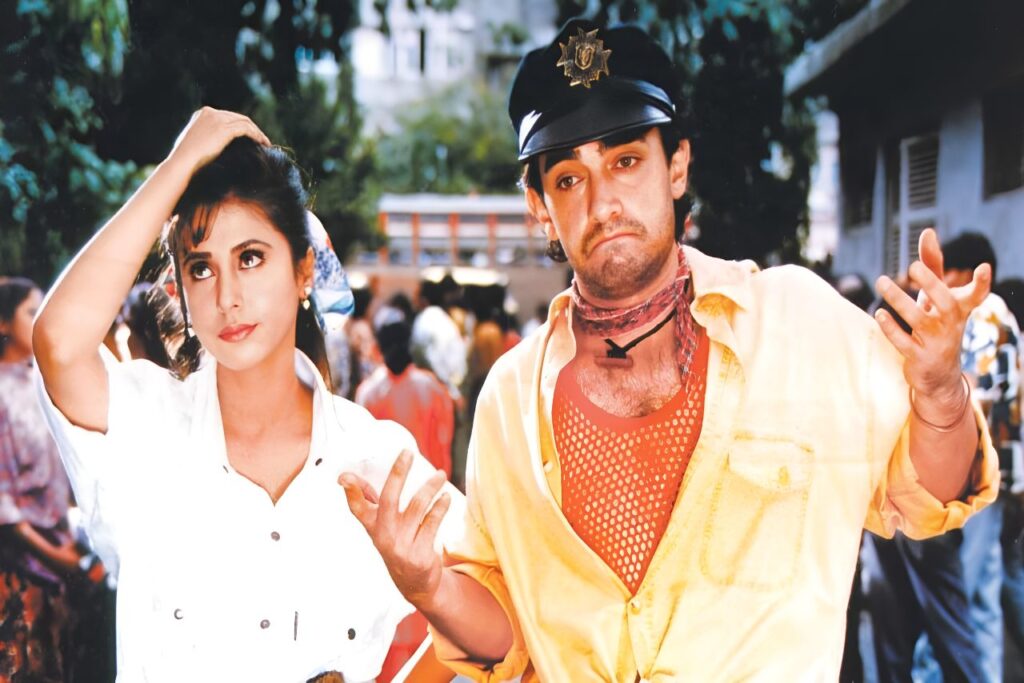
Who could’ve imagined Aamir Khan—by then a bankable romantic lead—jumping into the wildly colourful, offbeat world of Rangeela? Mani Ratnam and Shah Rukh were rumoured to have turned it down, but Aamir took the leap. And it paid off. With Rangeela, he played a street-smart, tapori Romeo—raw, unpolished, real. It wasn’t the polished hero act. It was a slice-of-life performance that showed his range (pun intended). Plus, let’s not forget this film marked a turning point in Bollywood aesthetics, with Ram Gopal Varma’s edgy visuals and A. R. Rahman’s game-changing soundtrack.
Baazi (1995)
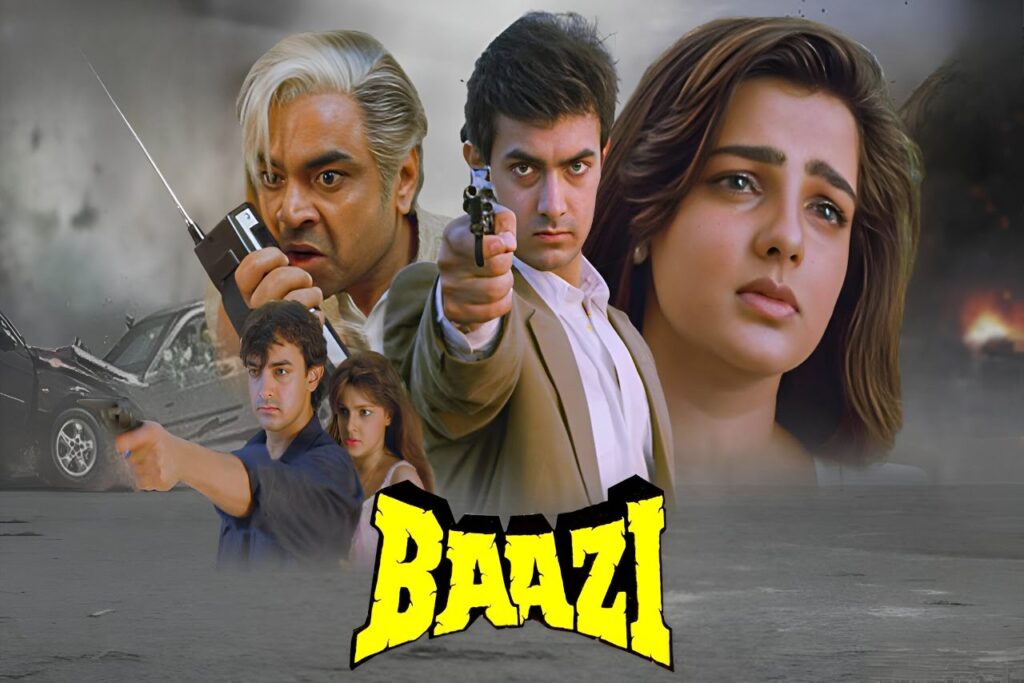
1995 wasn’t just a prolific year for Aamir—it was a masterclass in risk. In Baazi, he experimented with action and even cross-dressing (long before it was considered brave). It didn’t click with everyone, but it showed that Aamir wasn’t scared of reinvention.
Akele Hum Akele Tum (1995)
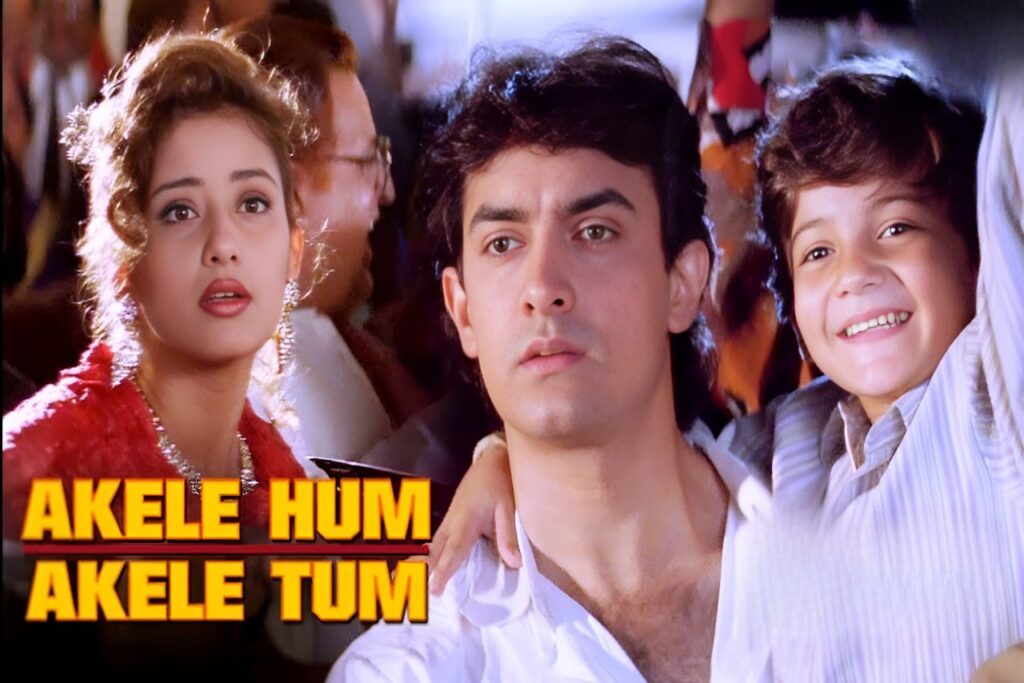
And then came Akele Hum Akele Tum—a deeply emotional, male-led custody drama when masculinity in Bollywood was still rigid. Playing a struggling musician and a single dad, Aamir delivered a layered performance that didn’t rely on heroics, but heartbreak. This was the Aamir Khan who wasn’t waiting for the audience to catch up—he was already moving ahead.
Lagaan (2001)

Yes, Lagaan was a turning point. Yes, it got nominated for an Oscar. But long before the international praise, this was the film where Aamir threw every rulebook out the window. Who else would risk a three-hour cricket-period drama, spoken in Awadhi, and produced by himself? Only Aamir. And that’s what makes it OG. Lagaan wasn’t just a film; it was a cinematic rebellion—proof that Aamir was no longer just a star. He was becoming a force.
Also Read…
Dil Chahta Hai (2001)
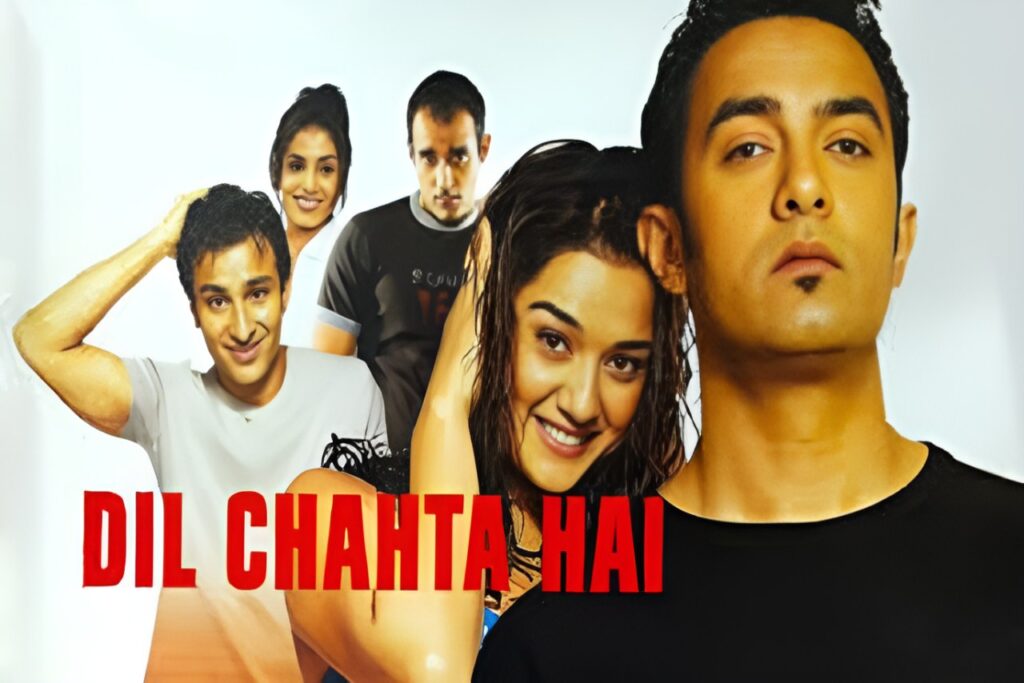
In the same year as Lagaan, he surprised again with Dil Chahta Hai—a slick, urban coming-of-age film that didn’t shout, but whispered. Aamir’s Akash was irreverent, flawed, and magnetic—a role far from his previous image, but one he slipped into effortlessly. This was the cool, minimal, modern India many urban millennials saw themselves in. And Aamir was their mirror.
Before the Brand, There Was the Bravery
Long before Taare Zameen Par, Dangal, or PK made Aamir synonymous with message-driven cinema, his early career was all about taking cinematic leaps others wouldn’t dare to. He didn’t wait for the audience to evolve—he led the evolution. His OG films were never just roles—they were risks. Sometimes they worked, sometimes they didn’t, but they always paved the way for something new. So the next time someone calls Aamir Khan a perfectionist, remind them: before the polish came the passion. Before the precision came the instinct. And before the icon, came the OG. Because cinema doesn’t just need stars. It needs the ones who shape it.
Writer-Subham Choudhary

